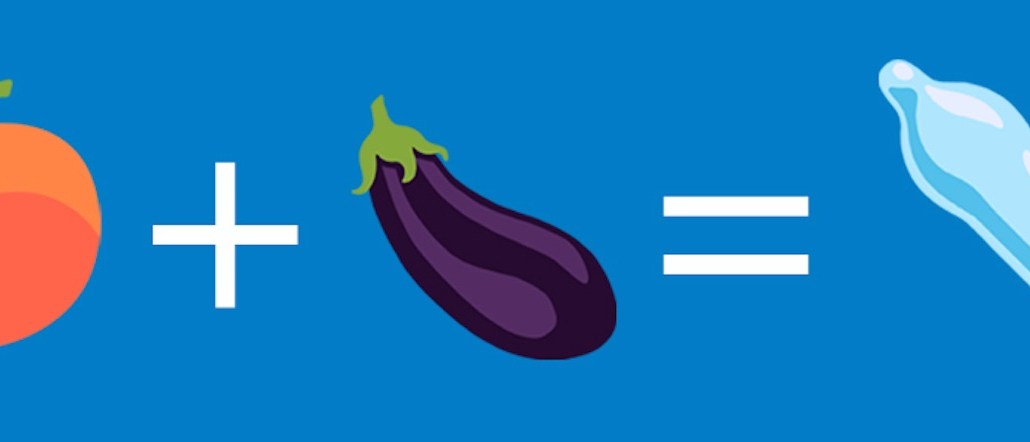Secure your place at the Digiday Publishing Summit in Vail, March 23-25
Durex writes a firm letter to the Unicode Consortium, pushing for a condom emoji

Durex is hardly joking when it comes to the condom emoji.
The Unicode Consortium, the group behind the emoji approval process, is convening this week and Durex has drafted an open letter asking them to approve its design.
The brand’s effort launched last November, ahead of World AIDs Day, with the #CondomEmoji hashtag, asking for it be approved in an effort to promote safe sex.
It’s still pushing firmly for it: Durex tweeted a quickie letter, combining emojis and old-fashioned words, to lobby the Unicode Consortium to approve the emoji. The cartoony icons are increasingly becoming an integral part of young people’s communication.
“A safe sex emoji will empower them to talk openly about protection,” part of it reads. “Let’s make 2016 the year emojis take safe sex seriously.”
Here’s our Open Message to @unicode on #CondomEmoji… @AIDSChicago @mtvstayingalive @THTorguk @nzafofficial pic.twitter.com/egY0VZlrSl
— Durex Global (@durex) May 9, 2016
Durex’s initiative is being supported by four organizations dedicated to AIDS and HIV awareness, including MTV’s Staying Alive foundation.
The campaign has its skeptics. “It’s possible this letter could be seen by Unicode, but it wouldn’t influence any decision on the matter,” said Emojipedia founder Jeremy Burge.
He added that brands are “baffled” by Unicode Consortium’s process, saying companies can’t launch hashtag campaigns or throw money at the organization; everyone has to follow the same application process. Durex, for its part, has gone through the proper channels and should, according to Burge, “at least be considered” by Unicode.
“Whether major vendors want to include a condom on the emoji keyboards of millions of users around the globe is another matter,” he said. If approved, the earliest the condom emoji could appear on keyboards is mid-2017.
More in Marketing

‘The conversation has shifted’: The CFO moved upstream. Now agencies have to as well
One interesting side effect of marketing coming under greater scrutiny in the boardroom: CFOs are working more closely with agencies than ever before.

Why one brand reimbursed $10,000 to customers who paid its ‘Trump Tariff Surcharge’ last year
Sexual wellness company Dame is one of the first brands to proactively return money tied to President Donald Trump’s now-invalidated tariffs.

WTF is Meta’s Manus tool?
Meta added a new agentic AI tool to its Ads Manager in February. Buyers have been cautiously probing its potential use cases.





